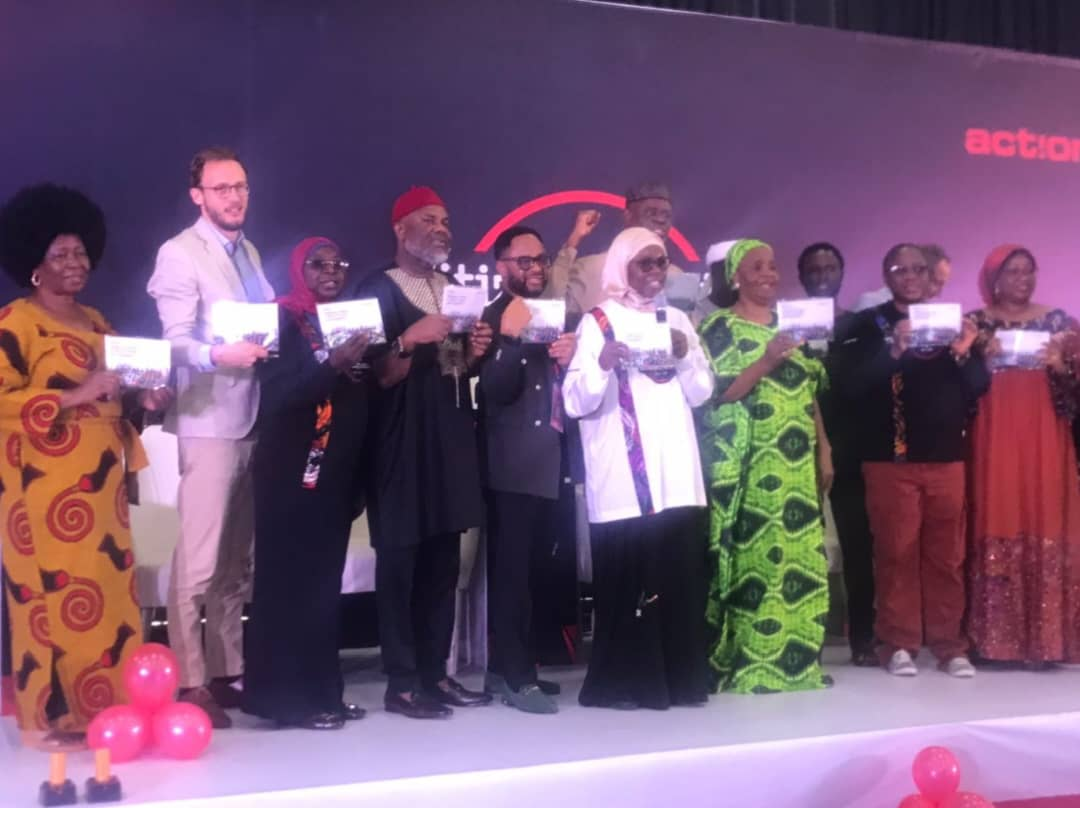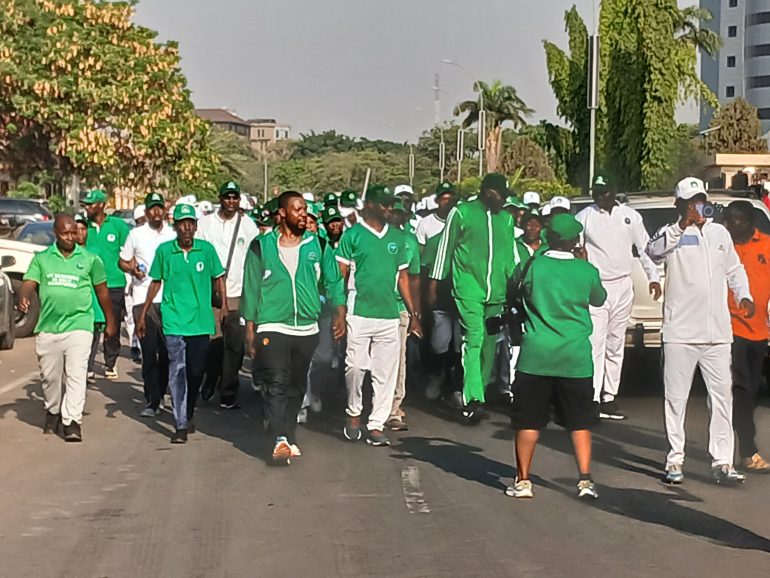Listeners:
Top listeners:
-
play_arrow
104.9FM Best rock music demo
-
play_arrow
Demo Radio Nr.1 For New Music And All The Hits!
-
play_arrow
Demo Radio Techno Top Music Radio
-
 play_arrow
play_arrow
Police Commissioner Launches Weapon and Riot Control Training for FCT Officers Democracy Radio

The Minister of Budget and Economic Planning, Senator Atiku Bagudu, has highlighted the disparity between Nigeria’s federal budget and those of other populous nations such as Indonesia and Brazil, emphasizing the urgent need for increased investment.
Speaking at the launch of ActionAid Nigeria’s Country Strategy Paper (CSP), themed “Citizens’ Action Against Poverty and Injustice (2024-2034),” held in Abuja, Bagudu, provided a comparative analysis of Nigeria’s budget against its international counterparts.
“The federal budget of Indonesia is about $210 billion, while Brazil’s stands at approximately $700 billion and has remained at that level for over a decade. In contrast, Nigeria’s federal budget is currently around $20 billion, with the highest it has ever reached being about $35 billion,” Bagudu stated.
He questioned the feasibility of Nigeria achieving similar economic progress as these countries with its current level of federal spending, urging the nation to confront its financial realities. “Do we want to be like Brazil? Or do we want to be like Indonesia?”
“Can we hope to achieve what they have with this level of federal spending? Or should we confront this reality? Confronting our reality is akin to gathering the family around and reminding everyone that we are not as wealthy as we think we are. Maybe new energy will come into the family, and the sense of entitlement will give way to, ‘What can I do? What effort can I contribute?” he asked.
“And this is where we are now. President Bola Ahmed Tinubu felt that, consistent with what is done by other countries and even sub-nationals, and without blaming any leader, we must conclude that we are not where we want to be,” Bagudu concluded.
In his address, Dr. Otive Igbuzor, Executive Director of the African Centre for Leadership, Strategy, and Development (Centre LSD), emphasized that combating poverty and injustice demands collective action.
He highlighted the need for a multi-faceted approach that includes empowering citizens, strengthening governance, advancing economic justice, and building resilience.
ActionAid Nigeria Country Director, Mr. Andrew Mamedu, noted that the End Poverty initiative recognised the role of businesses in influencing poverty.
Mr Mmedu pushed for a widening of the tax net to help government generate funds to tackle endemic poverty.
“In Nigeria, where the poverty threshold is 1.90 U.S. dollars a day (about 3000 using the official rate), 133 million of our 200 million people are multidimensionally poor. This means that they not only lacking financial resources but also lack access to essential services such as education, healthcare, and clean water”. He argued.
Reporting by Julian Adetinuyo
Written by: Julian Osamoto
#ActionAid Nigeria #DemocracyRadio #senate Atiku Bagudu Min of Budget and Finance
Similar posts
Copyright Democracy Radio -2024


